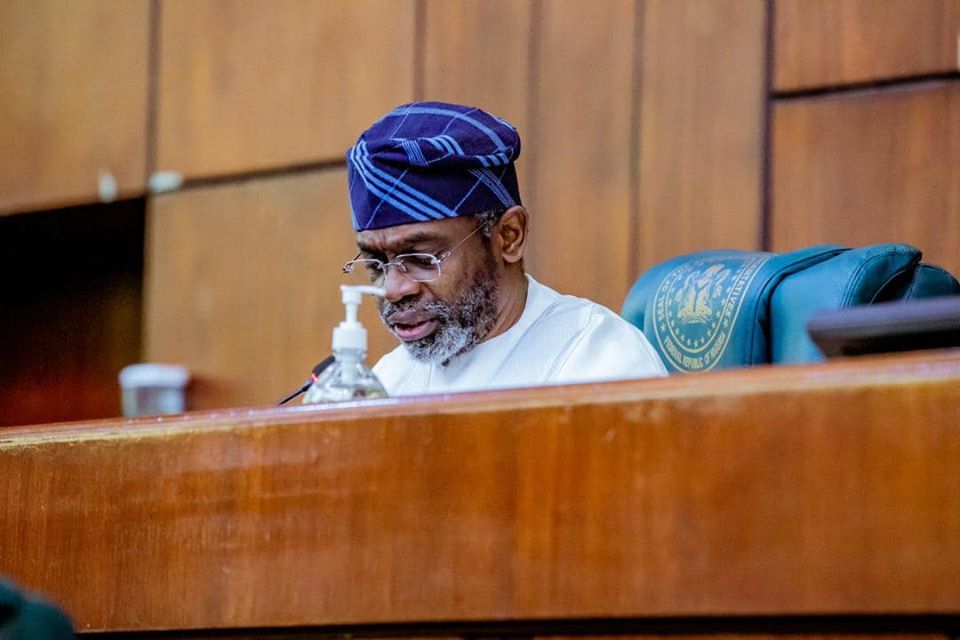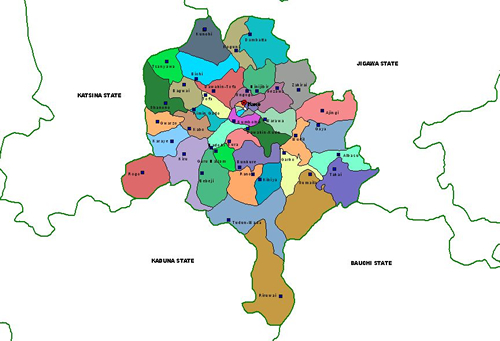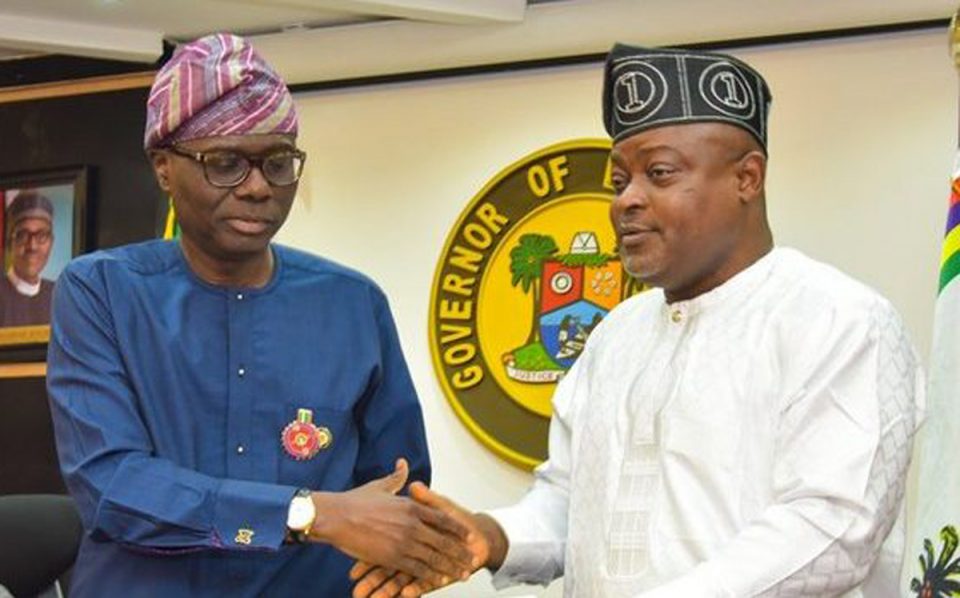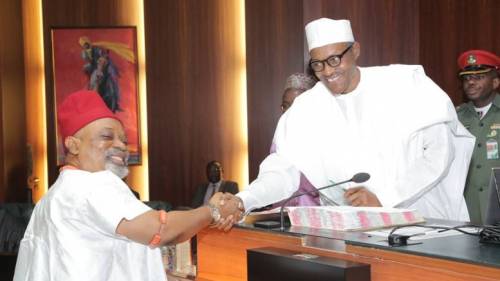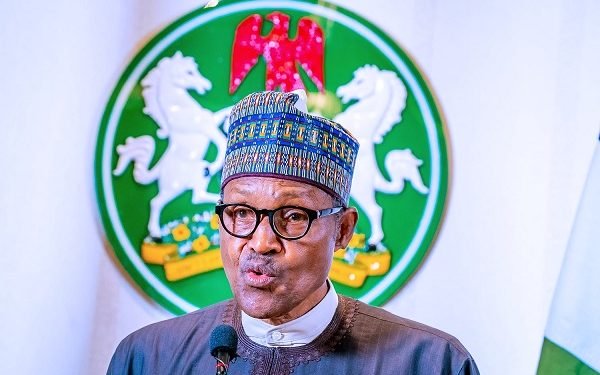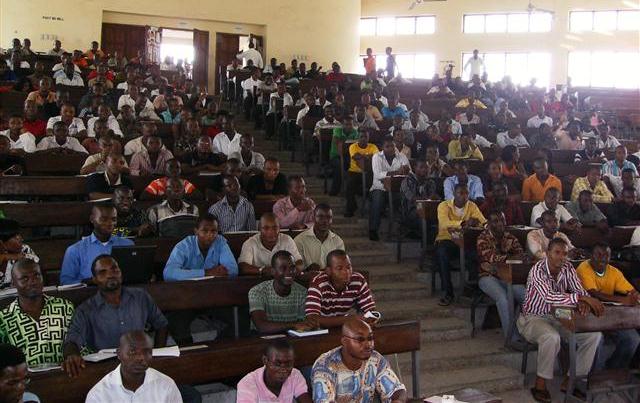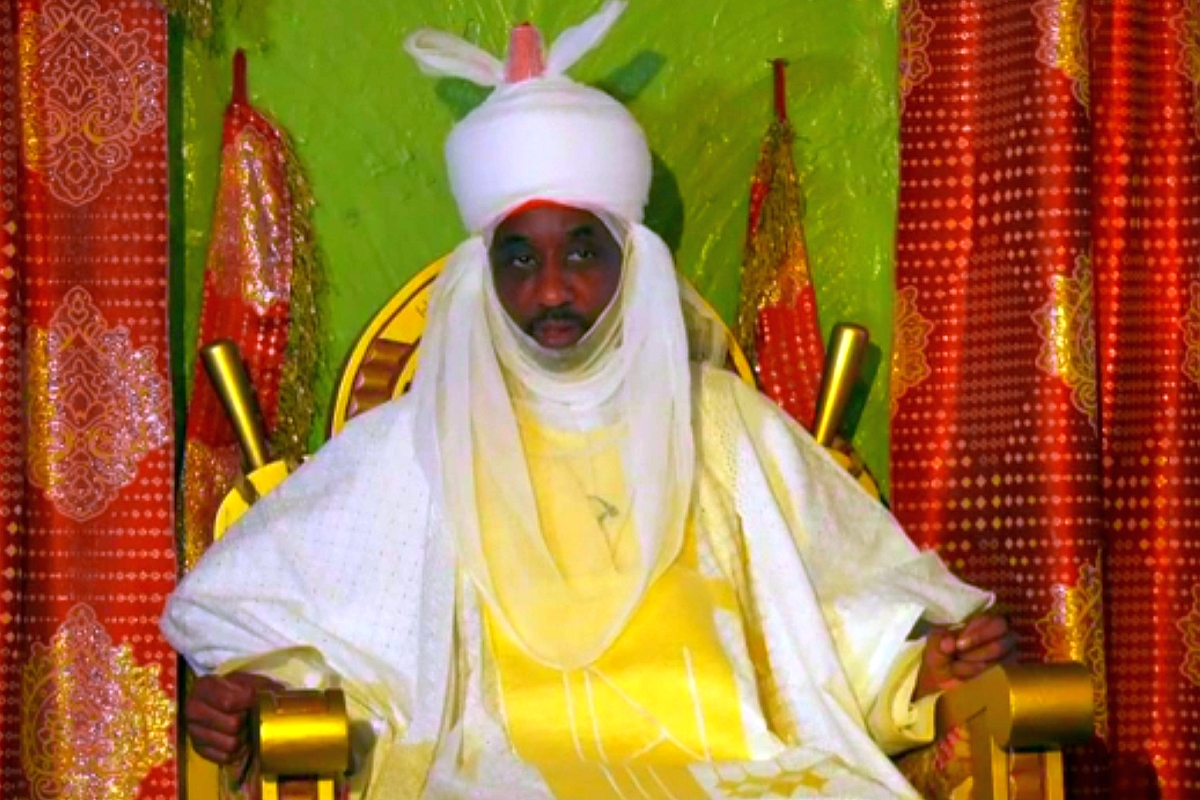A new bill to raise to first degree the qualification needed for elective offices in NIgeria has scaled the second reading in the House of Representatives.
The current position of the law is that a person seeking to become the President of Nigeria should possess a minimum of Senior Secondary School Certificate or its equivalent.
The same applies to persons seeking to be a Governor, Senator or Member of a legislative assembly in Nigeria.
However, in a move to increase the minimum educational qualification to a university degree, the House on Tuesday passed a bill for second reading to alter the constitution.
The bill, with the long title, “A Bill for an Act to Alter the Constitution of the Federal Republic of Nigeria, 1999 to Review the Required Educational Qualification for Election into certain Political Offices; and for Related Matters”, was sponsored by Rep. Adewumi Oriyomi Onanuga.
The provision on educational qualification for elective offices is contained in Section 131(d) of the constitution.
Recall that the Speaker of the House, Rep. Femi Gbajabiamila, had in January this year, echoed the issue of the low educational requirement for elective offices and how it might affect leadership performance in a fast-changing, technology-driven world.
Gbajabiamila gave his views at the 52nd Convocation Lecture of the University of Lagos.
He had delivered a lecture on the topic, “Building Back Better: Creating a New Framework for Tertiary Education in Nigeria in the 21st Century.”
Gbajabiamila stated, “I also sincerely believe that the National Assembly needs to look into section 131 (d) of the 1999 constitution to increase the minimum educational qualification for persons aspiring to be future Presidents of Nigeria and other top offices including the National Assembly as against the current minimum requirement of a Secondary School Certificate or its equivalent.
“As we have reduced the age for eligibility to contest those offices, so also, we should increase the minimum educational requirement. It will be another step in reforming our electoral system and providing strong leadership for the country.”
On Tuesday, the House passed a bill for second reading to give a push to Gbajabiamila’s call.
Onanuga, while leading the debate on the bill had observed that it was curious that to qualify for employment into senior cadres in Nigerian civil service, an applicant must be a holder of the National Youth Service Corps certificate.
She noted that the applicant must already be a graduate as only graduates went for NYSC deployment.
She added that it was strange that a person seeking to lead the whole country, including the graduate, was required to possess only a senior secondary school certificate or its equivalent.
Tuesday’s plenary was presided over by the Deputy Speaker, Rep. Ahmed Idris Wase.
